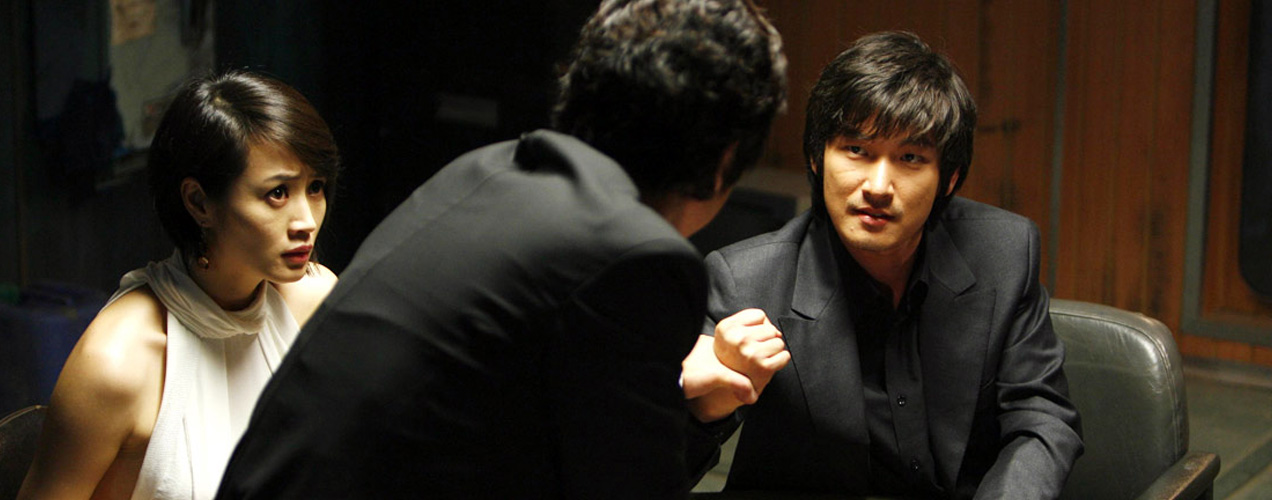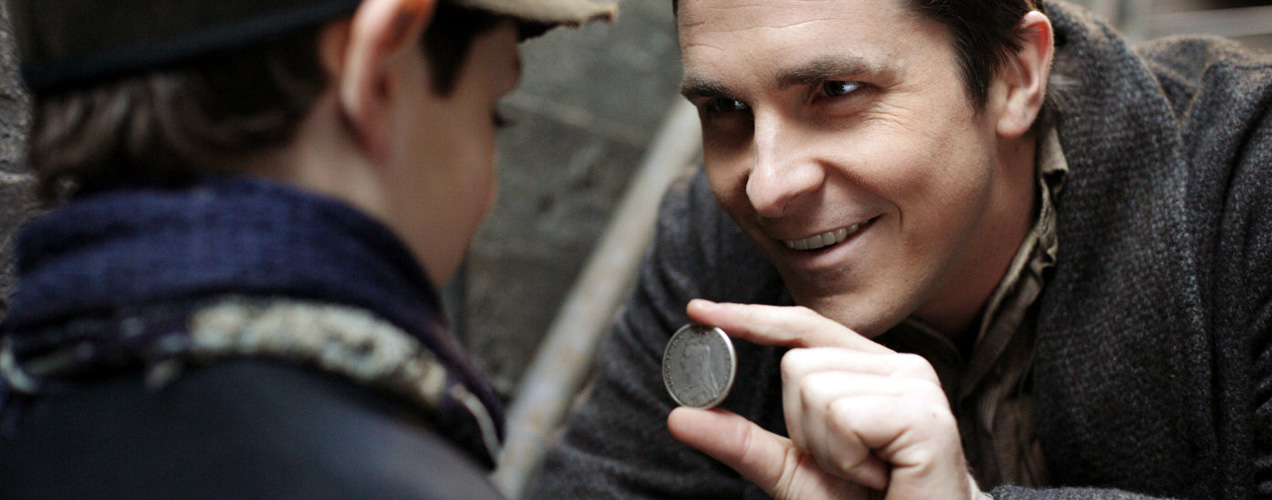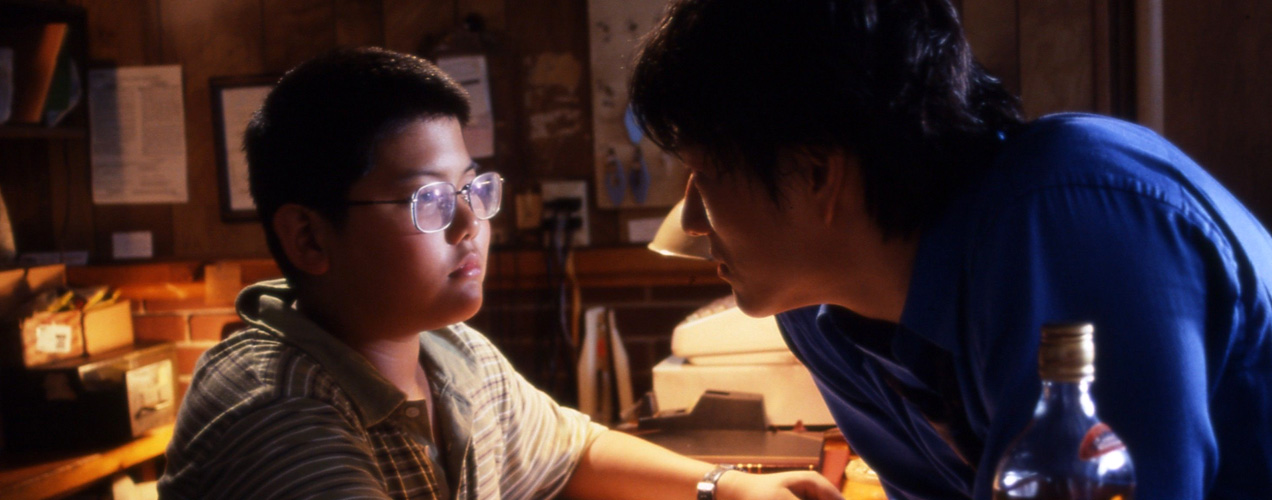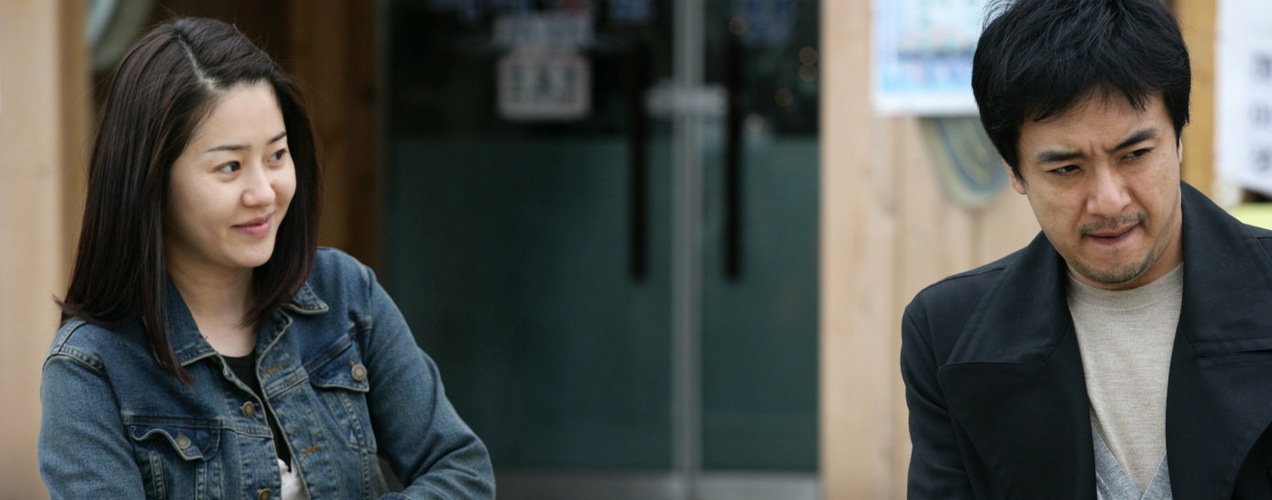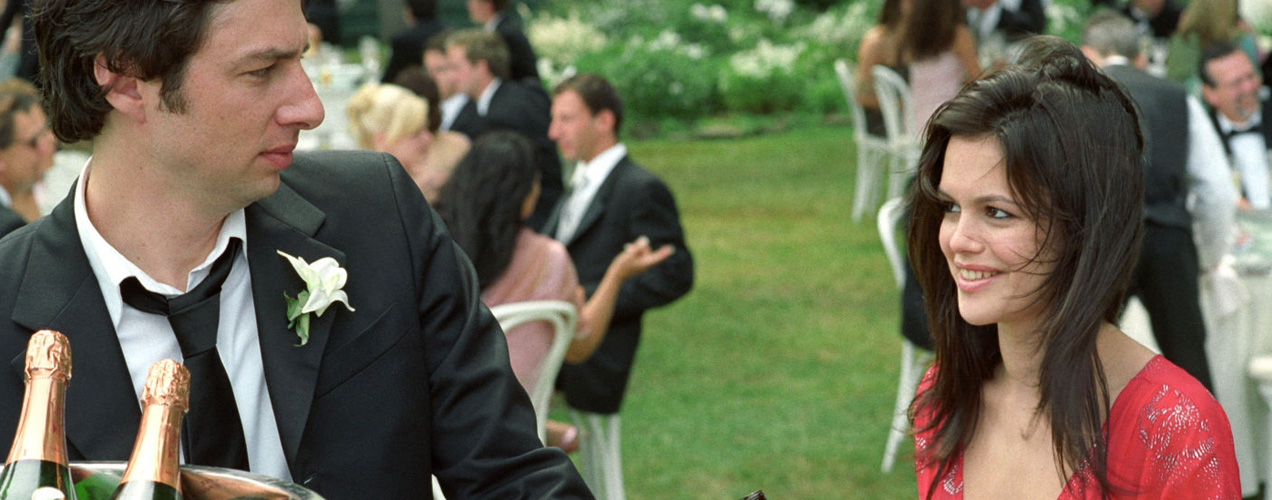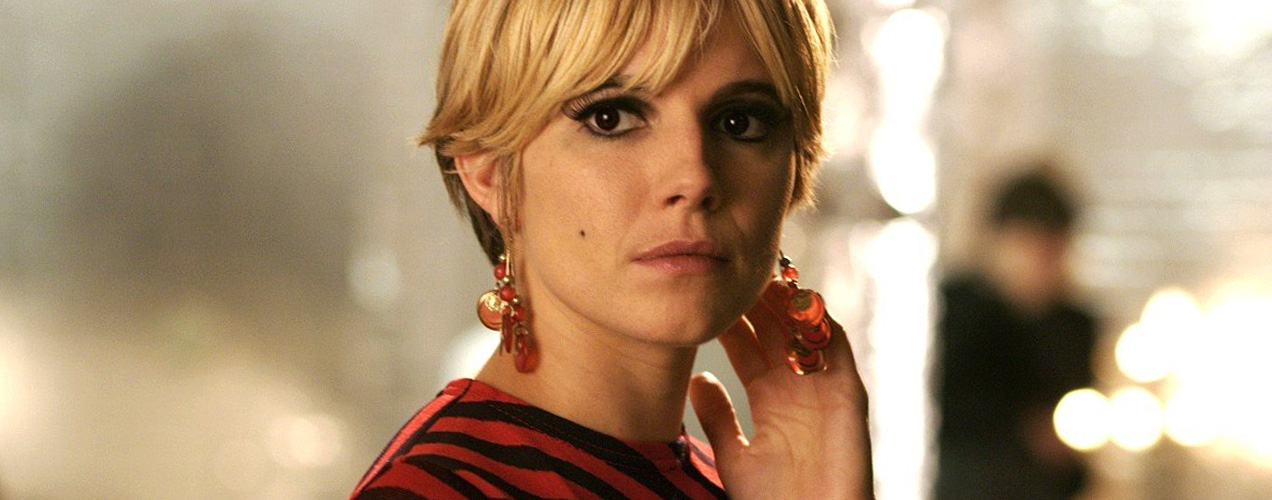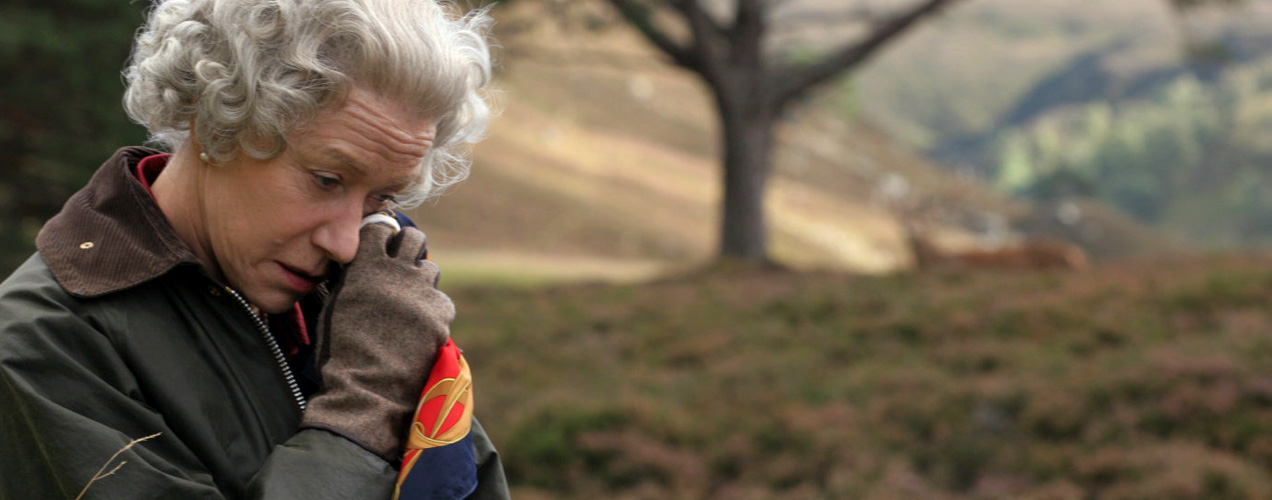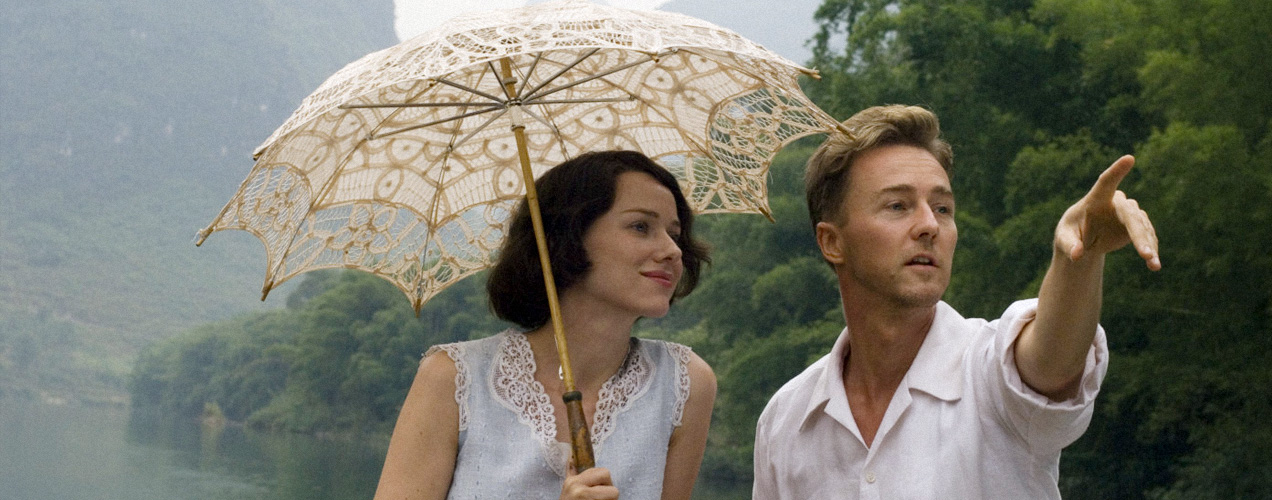2006 / Choi Dong-hun > Korea’s second highest grossing film of 2006, Tazza comes fresh on the heels of Choi’s The Big Swindle, which while predictable for much of the Western audiences, provided a fresh caper story for an underserved Korean audience. (Although here, I would argue that the much ignored Jakarta was more entertaining, if less polished.) Tazza is based on a comic about high stakes professional gamblers who may as well be magicians, and Choi wastes no time in cutting the film into incongruent timelines with twists and turns at every corner. Similar to what Nolan did with The Prestige, there came a time in the film when I basically started expecting the unexpected, so the unexpected became predictable. At nearly 140 minutes, these twists go on a bit longer than they should, almost as if trying to validate the film’s seriousness, but that eventually becomes a little tenuous.
What keeps things going, as soon as you see her character Madame Jeong, is Kim Hye-soo’s spellbinding performance. Some have attributed the film’s success to her on-screen presence, and I imagine they may not be far off. At age 36, the curvaceous beauty continues to light up the cinema as if it were her playground, taking away the limelight from a more than credible performance from Cho Seung-woo. In the end, Tazza fails to add much new to the genre on a global perspective, but does fruitfully entertain those who remain patient.

